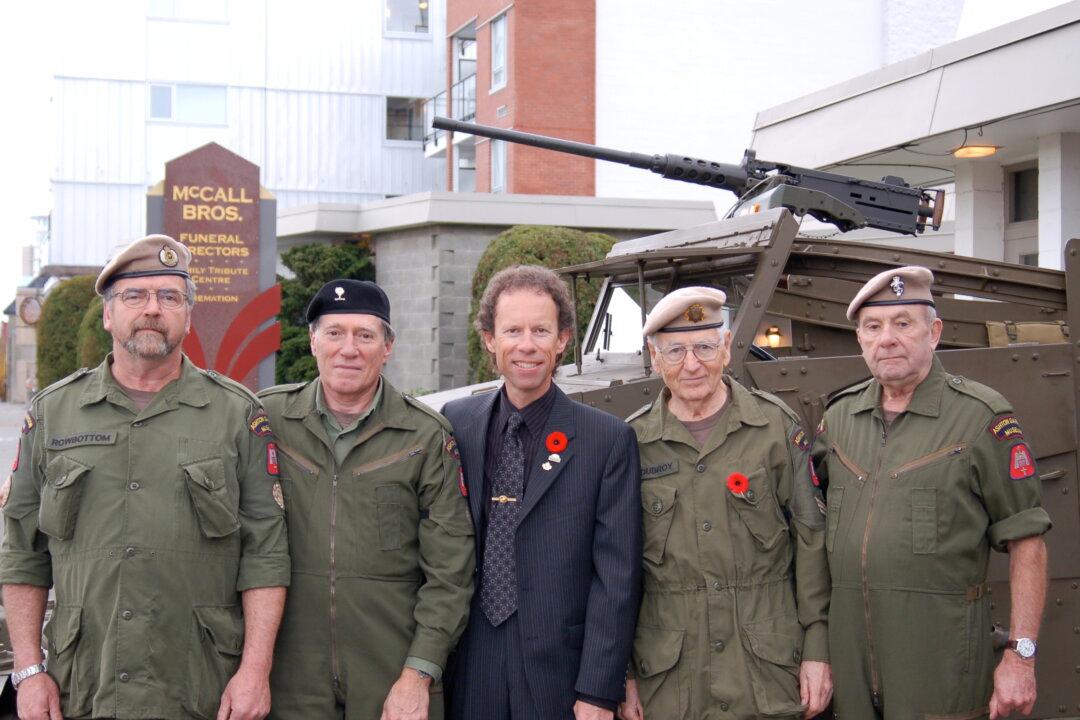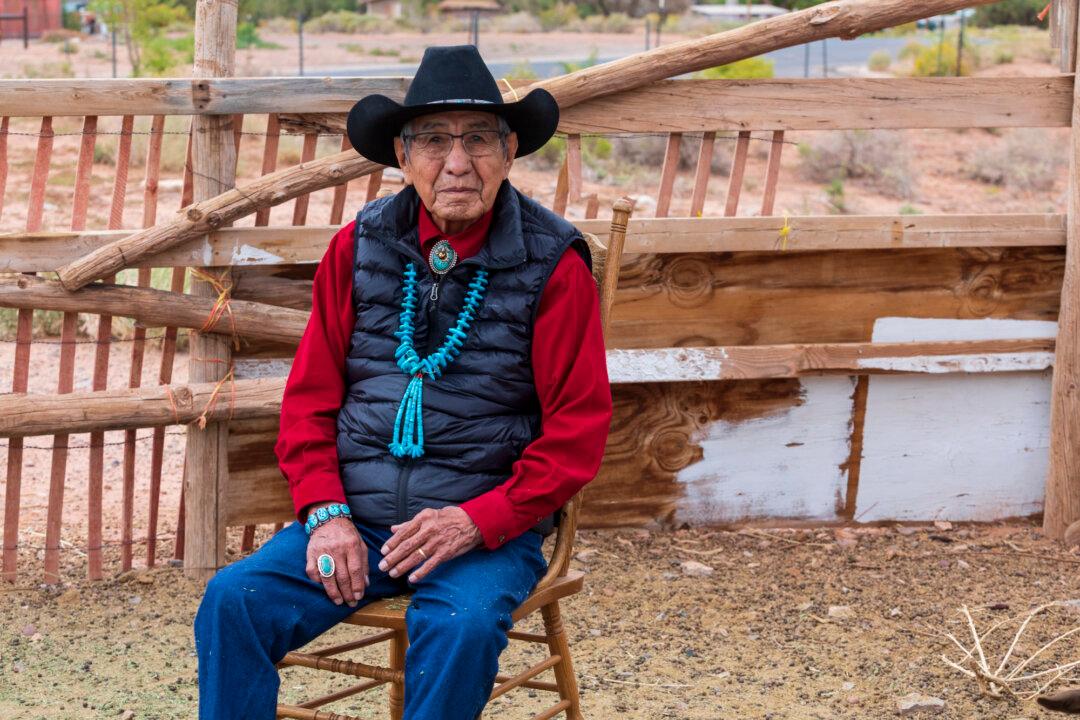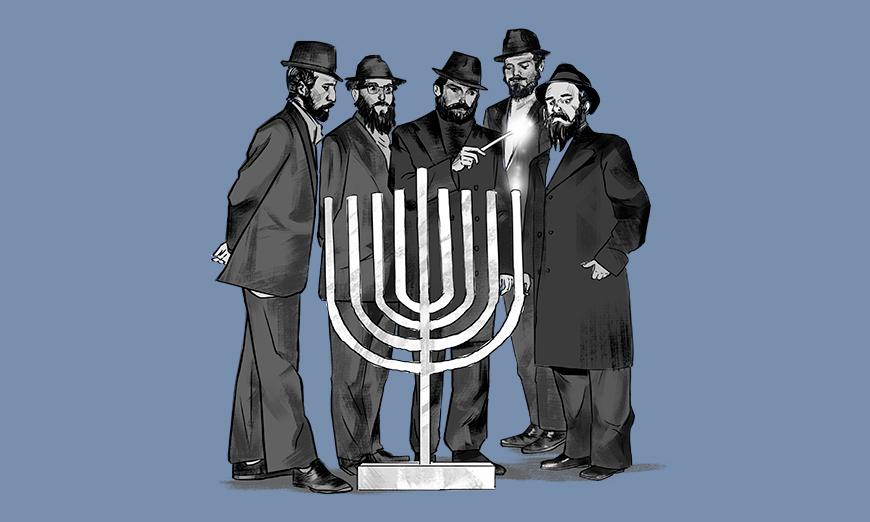For one independent filmmaker, Memorial Day means much more than a 24-hour holiday or even a three-day weekend. For Larry Cappetto, Memorial Day is his life.
Cappetto has dedicated his craft to honoring veterans by recording their memories and experiences for future generations. Since 2003, Cappetto said, he has interviewed more than 1,000 American and Canadian veterans of conflicts from World War II to Afghanistan. “I’m telling you, without ever having been in combat,” Cappetto said, “I can look you in the eye and tell you what combat looks like, what it sounds like, what it feels like, what it tastes like.”




